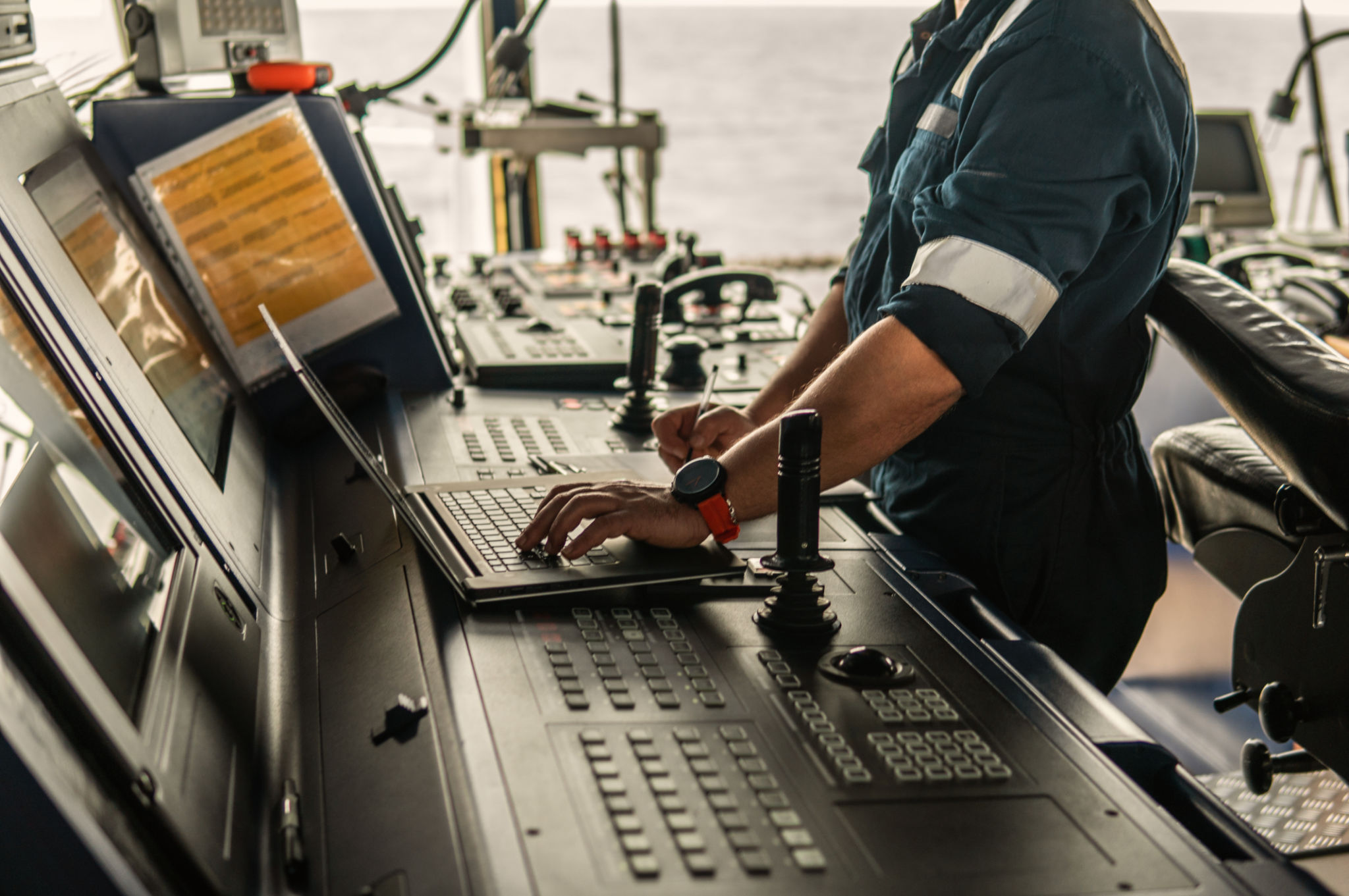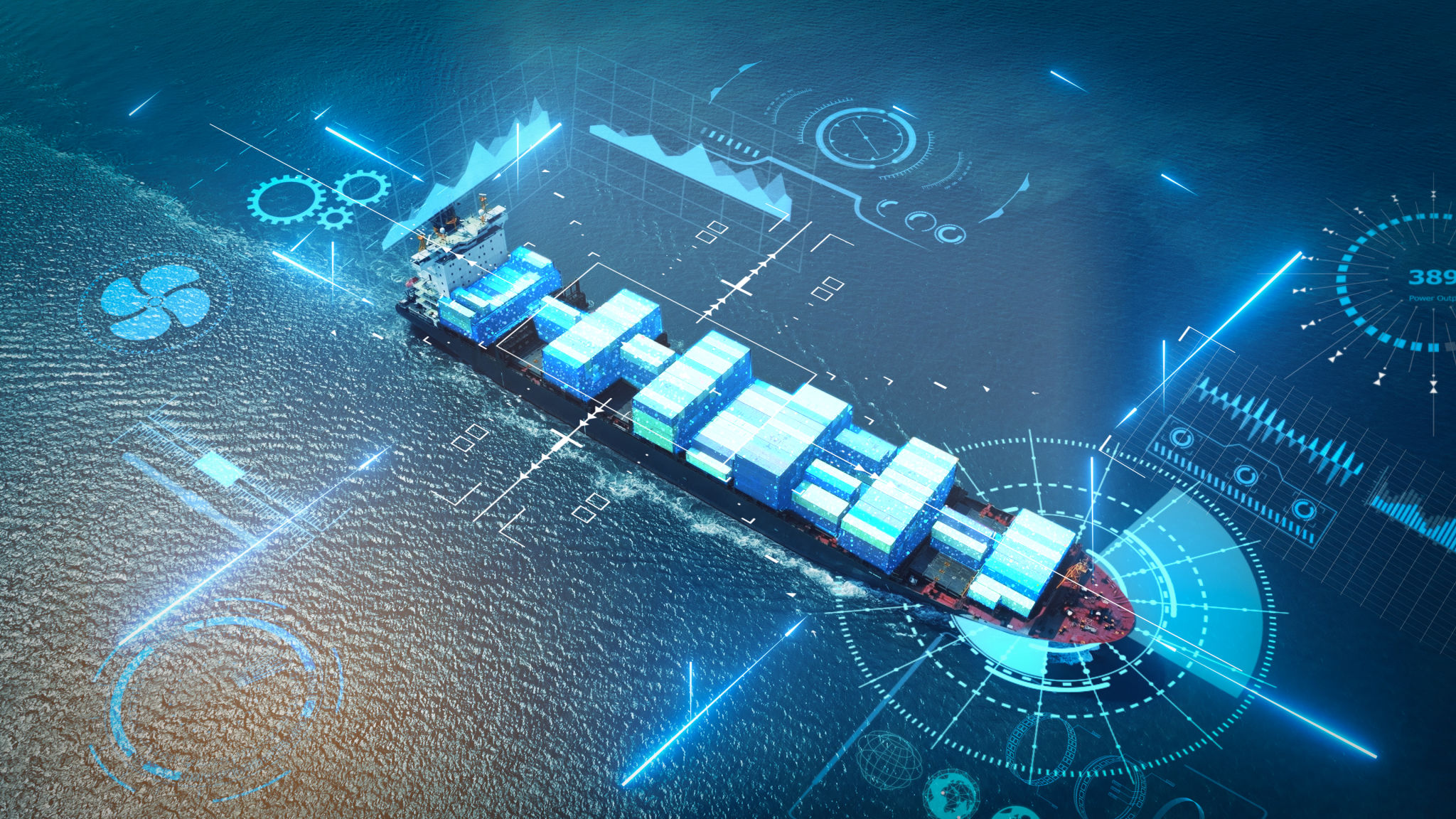Myth-Busting: Common Misconceptions About Maritime Agencies
Understanding Maritime Agencies
Maritime agencies play a crucial role in the global shipping industry, yet they are often misunderstood. These agencies provide essential support and services, ensuring that vessels operate smoothly and efficiently. Despite their importance, several myths and misconceptions about maritime agencies persist. Let's explore and debunk some of these common myths.

Myth 1: Maritime Agencies Only Handle Cargo
A prevalent misconception is that maritime agencies solely manage cargo operations. While handling cargo is a significant aspect of their responsibilities, it's just the tip of the iceberg. Maritime agencies also coordinate port services, arrange for necessary documentation, manage crew changes, and even handle emergency situations. Their multifaceted role ensures the seamless operation of the entire maritime supply chain.
Myth 2: All Maritime Agencies Are the Same
Another common myth is that all maritime agencies offer identical services. In reality, maritime agencies often specialize in different areas. Some may focus on specific types of cargo like bulk or container shipments, while others might specialize in particular regions or offer specialized services such as ship management or chartering. Understanding these distinctions is crucial for choosing the right agency for your needs.

Myth 3: Maritime Agencies Are Unnecessary Middlemen
Some believe that maritime agencies are just middlemen, adding little value to the shipping process. This couldn't be further from the truth. Maritime agencies provide vital expertise and local knowledge, allowing shipowners and operators to navigate complex regulations and logistical challenges efficiently. Their role reduces risks and enhances operational efficiency, which can significantly impact cost savings.
The Role of Technology in Modern Maritime Agencies
With advancements in technology, maritime agencies are more efficient and effective than ever. Modern agencies utilize cutting-edge software to track shipments, optimize routes, and manage communications seamlessly. This technological integration not only improves service delivery but also enhances transparency and accountability in operations.

Myth 4: Only Large Shipping Companies Need Maritime Agencies
Small shipping companies might assume they can handle operations without the help of a maritime agency. However, regardless of size, all shipping companies can benefit from the expertise provided by these agencies. They offer valuable support in compliance, risk management, and operational efficiency that can be challenging for smaller companies to manage independently.
The Value of Expertise in Maritime Agencies
One of the most significant advantages of partnering with a maritime agency is access to industry expertise. These agencies employ professionals with extensive knowledge of maritime laws, local port conditions, and international regulations. Their expertise ensures that vessels comply with standards and operate safely, minimizing potential disruptions.

Myth 5: Maritime Agencies Lack Flexibility
There is a misconception that maritime agencies operate rigidly without adapting to clients' unique needs. In reality, a reputable maritime agency will tailor its services to fit each client's specific requirements. They understand that every shipment and operation is different and strive to provide customized solutions that enhance efficiency.
In conclusion, understanding the true role of maritime agencies helps dispel myths and highlights their indispensable contribution to the shipping industry. By leveraging their expertise, technology, and personalized services, these agencies play a pivotal role in ensuring smooth sailing for shipowners and operators around the globe.
